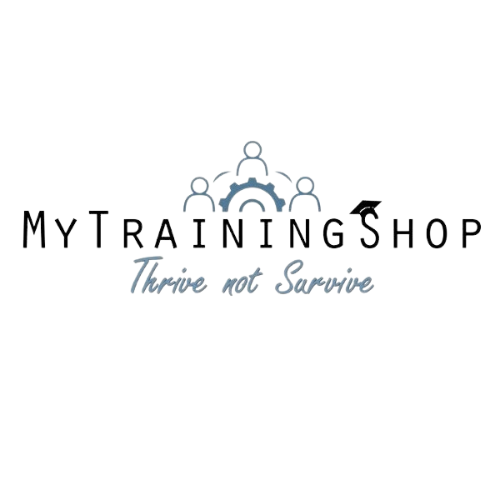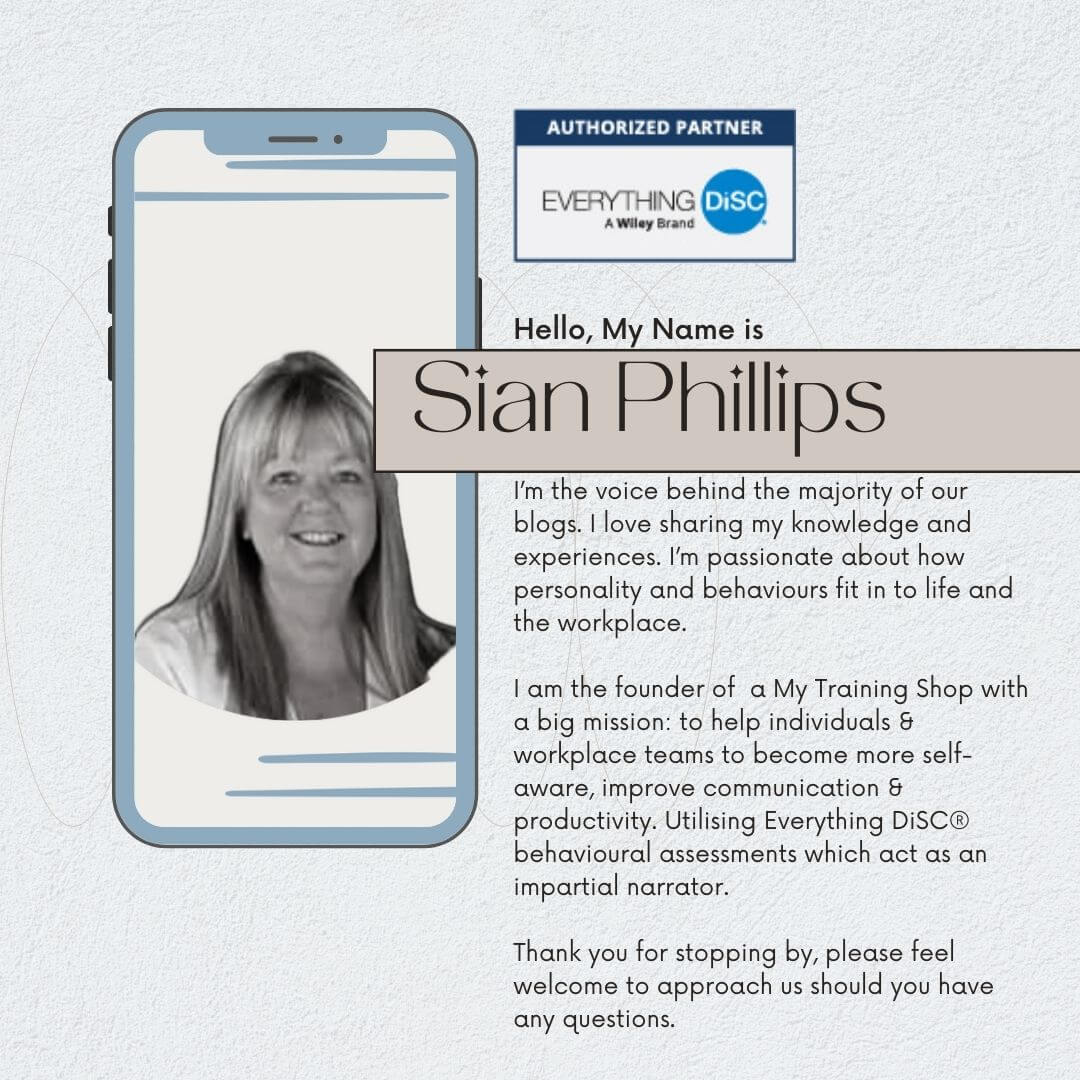Active Listening: The Key to Effective Communication
Some two (or so!) decades ago, I stumbled upon a remarkable truth that forever altered my perception of communication. Like a well-tuned instrument, I possessed an innate knack for listening – not merely hearing, but deciphering the unspoken messages woven around words, gestures, and expressions. The revelation struck me with a force that propelled me on a journey, a journey of discovery that led to the heart of active listening.

Intriguingly, it was during that transformative era that I embarked on the path of counselling studies along with coaching certifications. As I delved deeper into these disciplines, I encountered the theory of listening – a framework that shed light on the intricate dynamics of this fundamental (in my opinion) yet often overlooked skill.
The Hidden Power of Attentive Ears
With each course and qualification, my ability to truly listen underwent a metamorphosis. No longer confined to the realm of intuition, my newfound understanding of the mechanics of active listening enabled me to refine and enhance my skills. As the pieces of the puzzle fell into place, a realisation came about: the claim of being a proficient listener was a skill claimed by many, yet genuinely adept listeners were a rare breed.
Now, I pause to ask: Have you ever pondered your own position in this intricate dance of communication? Do others consider you to be a true listener, one who not only hears the words but also uncovers the unvoiced sentiments that lie beneath? Over the years, numerous individuals have recognised me as being attentive listener. In this blog, we will explore the art of active listening.
Unlocking Minds: The Art of Active Listening
Together, we'll delve into psychology and the science of human interaction. We'll uncover practical strategies that can revolutionise our engagement with others. Join me as we unlock the secrets of attentive ears and discover how listening can bridge the gap between minds, hearts, and souls.
Communication Skills
In the hustle and bustle of modern life, mastering the art of effective communication has become an absolute game-changer. Whether it's in personal relationships or professional settings, the ability to actively listen is a skill that can greatly enhance our interactions with others.
Active listening really is the secret sauce to truly connecting with others - it's not just about hearing, but about immersing yourself in the speaker's world and truly understanding their message. Embark on a journey through the art of active listening as we unveil invaluable tips and tricks to help master this essential skill.
What is active listening?
Type of Communication
Active listening is a technique that requires complete focus, understanding, and memory retention. It involves immersing yourself in the speaker's words and striving to understand their message. It's about more than just hearing words, it's about decoding gestures and tapping into emotions to truly understand their thoughts and feelings.

As much as 65% of a person's communication is unspoken. Paying attention to these nonverbal cues can tell you a lot about the person and what they are trying to say.
Source: verywellmind.com
What is the definition of active listening?
Active listening is a skill that involves focusing on, understanding, and responding to the speaker. It goes beyond hearing words. It includes paying attention to tone, body language, and emotions. Active listening requires concentration and effort. It makes the speaker feel heard and understood. It involves using cues to show interest and engagement. This method is important for building relationships, resolving conflicts, and improving communication
Why is active listening important?
Active listening is important for effective communication. It builds trust and rapport. When someone feels heard and understood, they open up. Mindful listening promotes mutual respect and empathy. It shows that you value the speaker's perspective.
Active listening is beneficial for problem-solving and decision-making. It involves attentively listening to others, gathering information, identifying misunderstandings, and asking relevant questions. This leads to more informed choices and finding solutions that meet everyone's needs.

The Importance of Listening to Other’s Viewpoints
When you disagree with someone, it is important to listen to their viewpoints, even if it may not always be enjoyable, as it can contribute to your future in several ways.
You Will Learn Something New
What does it mean to be an active listener and what are the benefits for you as a listener
When you actively listen to others and consider their viewpoints, you are exposed to diverse thoughts and perspectives that may not align with your own. Despite any personal discomfort, this practice often leads to new insights and a more open-minded mindset, which can contribute to future success.

Listening Helps You Develop Patience
Listening and engaging with someone you disagree with can be challenging. Patience is crucial in this situation. If you lack patience, practising listening more frequently can help you develop it. Remember that the purpose of listening is learning something new. You can also listen with the intention of asking questions, which will allow you greater focus on the speaker's words.
You Expand Your Network
People enjoy being listened to, as it makes them feel valued. Listening to others, even if you disagree, can boost their self-esteem. It can also lead to new friendships and connections. Expanding your network is beneficial for future success and opportunities.
What are 5 main characteristics of active listening
In order to become a good listener, acquiring specific traits and skills is crucial. Listening is considered a valuable skill that can have a positive impact on varying aspects of our lives. Many people find value in self-expression and appreciate having someone who will listen to them.
Active listening exercises
Conversational Attention
Your goal when listening to someone should be to understand their point of view. Listen carefully to everything they say before forming your own opinion. Remember that you don't have to agree with them. Everyone is entitled to form their own opinions on various topics.

Quality of communication
Paying attention is important because it helps you not miss out on important information. Always be aware of the speaker and your surroundings.
Physiological Barriers
Making eye contact with the person who is speaking demonstrates attentiveness, while looking around may convey disinterest or boredom.
Pursuit of Attention
Aim to look at the perspective of others and consider if they may be correct.
Let the person finish talking. It may require patience, but it benefits both parties. First, the person can express their opinions or frustrations. Second, it helps the listener fully grasp the issue.

Interpersonal Skills
A good listener will consider their response before speaking and may even ask for clarification. It is common for people to speak without thinking, which can result in uncomfortable or challenging situations.
Self-Focussed Listening
It is advisable to pause and consider your thoughts before speaking, as it is a normal cognitive response.
Staying focused on a person can be difficult; it's normal to want to look away. To show that you're paying attention, try nodding or making direct eye contact. If you need to briefly look away, try reaching for a tissue to wipe your nose. During a conversation, humans tend to focus on their internal thoughts, feelings, and opinions. Active listening requires practice.

By consistently practicing these five traits, you will improve your listening skills significantly.
More Listening Strategies
Other tips that you might want to use to show that you are paying attention include:
Body language
- Saying the person’s name now and again (pay attention to your tone)
- Conveying warm facial expressions
- Using positive body language
How to Develop Active Listening Skills
Effective Listening
Give your full attention: Eliminate distractions and focus solely on the speaker. Maintain eye contact, nod occasionally to show understanding, and avoid interrupting or formulating your response while they are speaking.
Emotional Reaction
Show empathy: Put yourself in the speaker's shoes and try to understand their perspective. Acknowledge their emotions and validate their feelings to create a safe and supportive environment.
Verbal Affirmation
Ask clarifying questions: If something is unclear or you need more information, ask open-ended questions that encourage the speaker to elaborate. This demonstrates your interest and helps prevent misunderstandings.
Reflective listening
Reflect and paraphrase: Summarise the speaker's main points in your own words (paraphrasing). This will help demonstrate your focus and ensure you have understood them correctly. Showing that you are actively engaged encourages the speaker to provide further clarification if needed.

Control your body language: Maintain an open and welcoming posture, avoid crossing your arms or legs, and use facial expressions to convey interest and understanding. These non-verbal cues can significantly impact the speaker's perception of your attentiveness.
Listening Abilities
Practice patience: Being attentive requires patience and the willingness to let the speaker express themselves fully. Avoid rushing or interrupting, even if you think you have predicted know what they might say. It can feel uncomfortable to remain quiet; as humans, we often feel the need to fill in the blanks but that’s more about us than the person doing the talking!
Conversation partner
Reflect on your own biases: Be aware of your own preconceived notions and biases that may hinder your ability to listen objectively. Strive to approach conversations with an open mind and a genuine desire to understand. To be aware is to be conscious.
Open Ended Questions
The usage of why - what - how, tell me about type questioning to open up the conversation further. This validates your interest and focus.
Closed Questions - AVOID! (but not always)
When - what - how. Any statement that leads to a yes, no or a one-word answer. Examples: Is that your final answer? when are you planning on resigning? What is your role? How often do you drive to work? Learn more about Questioning Techniques - Improve Your Communication Skills
Empathic Listening
In general, listening to someone with a differing viewpoint can be challenging. When you choose to listen to someone else, it provides an opportunity to learn new things and enhance your patience. Additionally, it can assist in expanding your network, which could potentially offer significant benefits in the future. Therefore, it is advisable to develop active listening skills early on in order to achieve success in life.

In summary, active listening is a vital skill that everyone can learn. It can greatly enhance our communication abilities. By us effective listening, practising empathy, asking for clarification, and reflecting on the speaker's words, we can enhance connections, improve conflict resolution, and make more informed decisions. Keep in mind though that active listening is an ongoing process that requires practice to master.
Q & A

Q1: How does active listening go beyond just hearing words?
A 1:
- Active listening is far from just hearing the words being said. This form of listening requires the listener to decipher the underlying meaning and emotions behind the words.
- The process requires paying full attention to the speaker and for the listener to be fully present and in the moment, allowing for better comprehension and interpretation of the message.
- Active listening involves non-verbal cues. Examples: maintaining eye contact, nodding, and using appropriate body language to show engagement and understanding.
- Deep listening also involves providing feedback and at times gaining further clarification by asking questions. This helps demonstrate genuine interest and assists with ensuring an accurate understanding of what the speaker is conveying.
Q 2: Why is active listening important for effective communication?
A 2:
Active listening permits the building of trust, rapport, and mutual respect. When a person feels heard and understood, they are more likely to open up and engage in deep and meaningful conversations. It also promotes problem-solving and decision-making by a process of information gathering and identifying any potential misunderstandings
Q 3: What can active listening help achieve when encountering opposing viewpoints?
A 3:
- Active listening can help foster understanding and empathy towards an opposer
- Listening attentively can lead to improved communication and consequently being able to resolve problems more readily when trying to find common ground.
- Effective listening allows for a deeper exploration of another's viewpoint, leading to a more well-rounded perspective.
- Active listening can help build trust and respect, creating a more positive and constructive environment for dialogue.
Q 4: Why does effective listening need practice?
A 4:
- Effective listening requires active engagement and concentration, which can be improved with practice.
- Practicing active listening can only help individuals develop better listening skills, such as focusing on the speaker and avoiding distractions.
- Regular practice allows individuals to become more attuned to nonverbal cues and subtle nuances in communication.
- Practicing effective listening helps individuals build stronger relationships, enhance empathy, and understand others' perspectives more accurately.
Everything DISC® and Active Listening
Active listening is a must-have skill for professionals. It doesn't matter what your role is, deep listening is crucial. Whether you are a business professional, leading a team, a salesperson, an executive coach, or a business consultant. Everything DiSC helps you understand others and their needs. DISC understanding enhances your interpersonal skills and makes you more approachable. Evaluating DISC traits helps you find common ground.
Learning and Development Professionals and Organisations who want to deliver Everything DiSC: visit this page
DiSC behavioural assessment is like a compass. It provides you with a sense of direction and guidance, helping you navigate through different social and professional situations with greater self-awareness and adaptability.
Read more about how effective communication can help you Build Stronger and Deeper Relationships.
Don't miss out on this opportunity to enhance your personal and professional relationships. Visit this page now and start your journey of self-reflection with Everything DiSC® today!
Trainer or coach? want to deliver DiSC as part of your learning and development programmes? - Drop us a line here
© Sian














